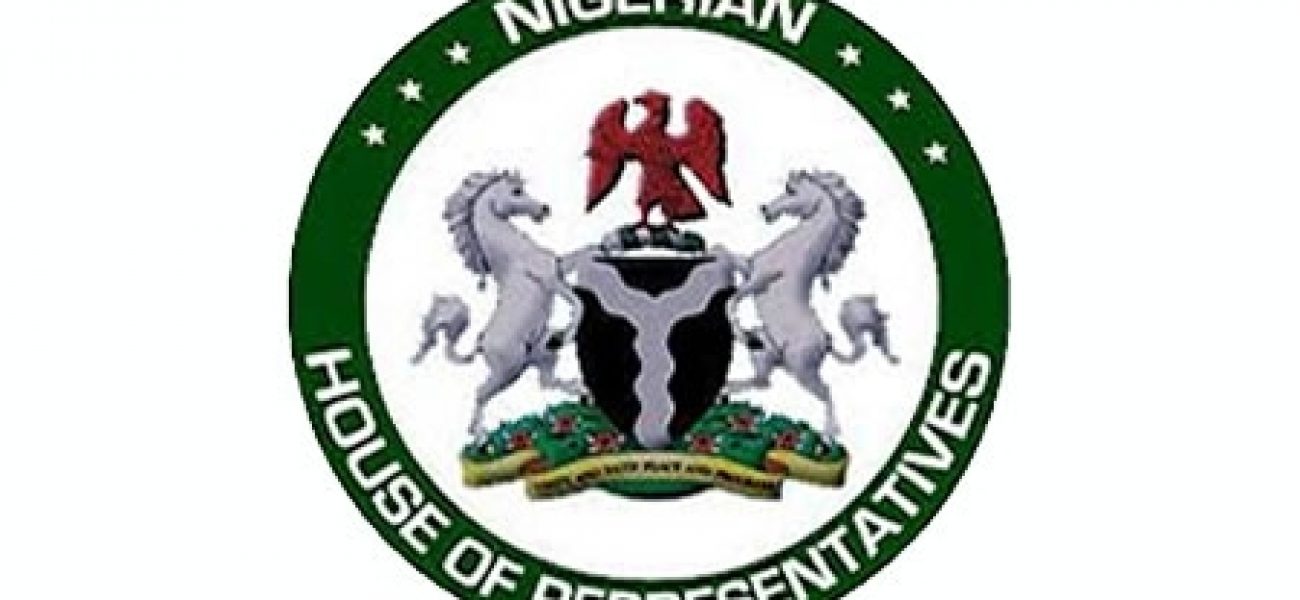The House of Representatives, on Thursday, 29th March, 2018, passed the Nigerian Financial Intelligence Unit (NFIU) Bill for third reading after further reconsidering the Bill and making necessary amendments to section 25 and clause 27 of its Conference Committee report on the Bill. Although the House of Reps initially passed the Bill in November 2017, it rescinded its decision on the NFIU Bill and ten other bills passed by the National Assembly and sent to the President for assent on Wednesday, 28 March 2018.
It will be recollected that the Bill was initiated in response to Nigeria’s suspension from the Egmont Group, a global financial body responsible for setting standards and best practices for financial intelligence units in July 2017 on the basis that Nigeria’s practice of domiciling the Nigerian Financial Intelligence Unit (NFIU) in the Economic and Financial Crimes Commission (EFCC) threatened the autonomy of the NFU. The group had also demanded autonomy for the NFIU as a condition for the suspension to be lifted, failing which Nigeria would be expelled in March 2018.
Consequently, the Bill seeks to amend portions of the EFCC Act, Money Laundering (Prohibition) Act and the Terrorist Prevention Act to give effect to this. For instance, it seeks to delete section 2(c) of the EFCC Act, that provides for the Economic and Financial Crimes Commission as the designated Financial Intelligence Unit in Nigeria. This responds to the major concern of the Egmont Group and in line with the requirements of Recommendation 29 of the Financial Action Task Force Standards and Article 14 of the United Nations Convention against Corruption (UNCAC) that reinforce the importance of the Unit’s independence. Under the proposed Bill, the Unit shall be independent and domiciled with the Central Bank of Nigeria.
A major objective of the Bill is to establish a central body known as responsible for receiving, requesting, analyzing and disseminating financial intelligence reports and information to law enforcement, security and intelligence agencies.
Some of the functions of the NFIU include:
- Receiving, collecting currency transaction reports, suspicious transaction reports and information such as records of wire transfers relevant to money laundering, financing of terrorism, proliferation of weapons of mass destruction from financial institutions, law enforcement agencies and relevant regulatory and administrative authorities
- Analysing, processing, interpreting and accessing information and reports received to undertake strategic and operational analysis
- Providing advice to supervisory authorities to combat money laundering, financing of terrorism, proliferation of weapons of mass destruction and associated predicate offences
- Maintaining a financial intelligence network with regulatory authorities and competent authorities in other countries with a mandate to fight financial crimes
- Assisting in the identification of the proceeds of unlawful activities, the combating of money laundering, the financing of terrorism and proliferation of weapons of mass destruction
- Maintaining a comprehensive, secured financial intelligence database for the storage of information and intelligence with law enforcement authorities and competent authorities in other countries with the mandate to fight financial crimes
The NFIU is also given powers to develop specific training programmes for its officers, reporting institutions, relevant supervisory authorities, law enforcement and security agencies and other bodies charged with the responsibility for the prevention, detection, investigation, prosecution and adjudication of offences under any relevant law or regulations. Under the Bill’s provisions, the Unit shall also be headed by a Director appointed by the President who shall hold office for a 5 years renewable term subject to Senate’s confirmation.
The passage of the NFIU is seen to be tightly linked to Nigeria’s anti-corruption war and seen as a tool that can aid the country recover stolen funds abroad. For instance, Part 5 of the Bill that deals with Supervision and Monitoring by the Unit gives the NFIU wide monitoring and supervisory powers.It further gives the NFIU’s wide powers of account surveillance, power to hold a central database for reporting institutions and entry and inspection. This might mean that there are large privacy and data implications that will come with its passage; if assented to by the President.
For instance, it gives the NFIU power to issue a directive placing an account under surveillance for up to ninety days if satisfied that the account relates to a financial intelligence inquiry or an inquiry related to money laundering, associate predicate offences, financing of terrorism or the proliferation of weapons of mass destruction etc. It also gives it power to issue a directive where there are reasonable grounds to believe that the material which may be provided in compliance with the directive is likely to be of substantial value, whether or not by itself to the financial intelligence inquiry for the purposes of which the directive is sought.
The Bill also contains penalties to deter persons from breaching its provisions. For instance, it penalises persons who make a disclosure likely to be detrimental to the investigation or a financial intelligence inquiry or who falsifies, conceals, destroys or disposes of documents that are relevant to an inquiry of the NFIU- clause 18(1). While individuals who make such a disclosure shall pay a fine of not less than N500,000 or imprisonment for a term of not less than two years or both, a financial institution or other body corporate shall pay a fine of not less than N50,000,000.
However, officers of the NFIU who disclose or cause any information to be disclosed are subject to even more stringent penalties as they shall be prosecuted for criminal disclosure when indicted-clause 18(3), and liable to imprisonment for a term not less than five years without the option of fine and dismissal from office clause.
The NFIU was initially admitted into the Egmont Group of Global Financial Intelligence Units in 2007.

